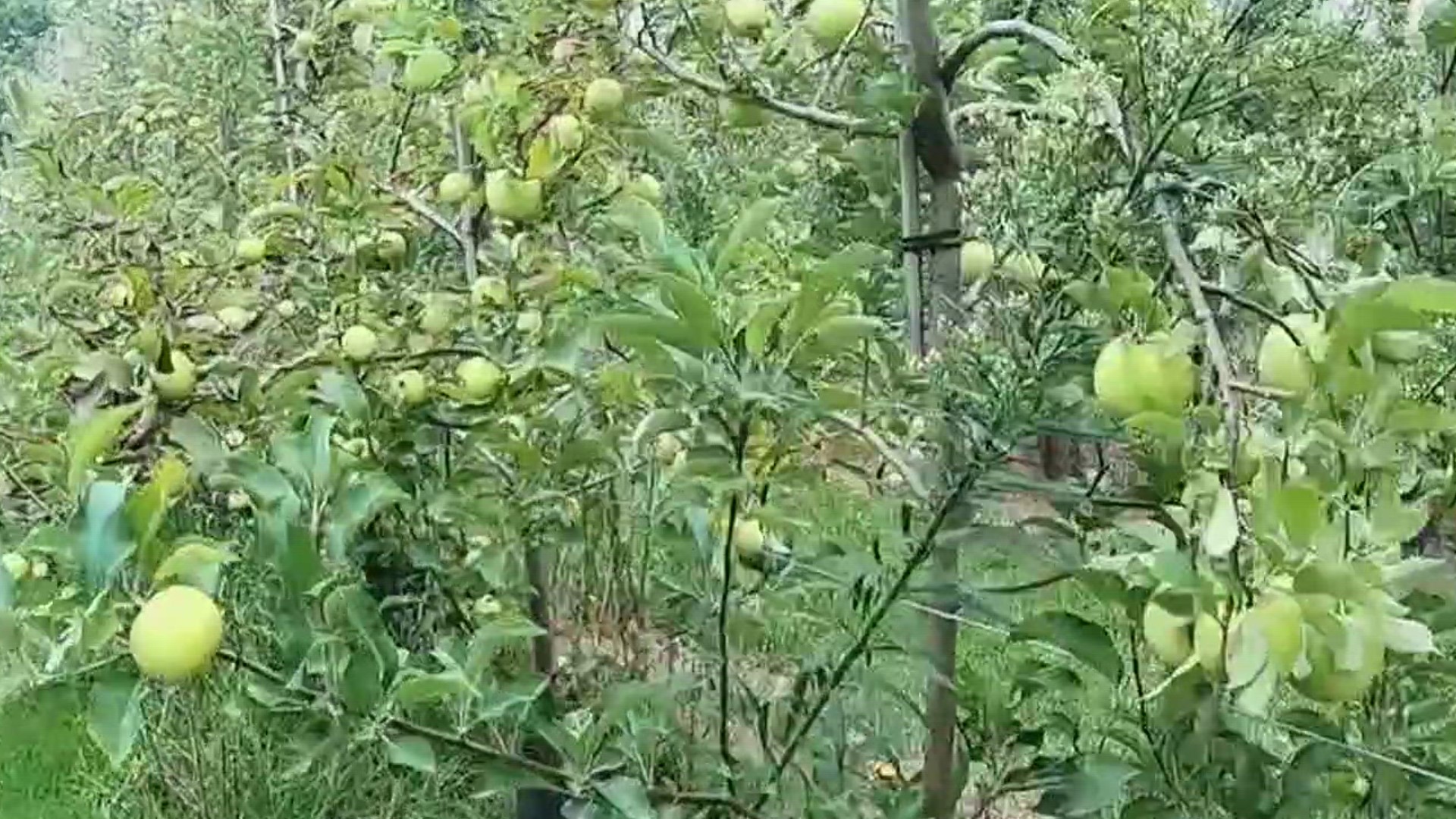MOLINE, Ill. — As the planet continues to warm, the conditions needed for growing certain plants is shifting throughout the country.
The Midwest, and Illinois specifically, are not immune to these changes. Now, climatologists are warning the types of plants grown throughout Illinois will be changing over the next few decades.
Trent Ford is the Illinois State Climatologist for the University of Illinois Urbana-Champaign. He joined The Current on News 8 to discuss what this means for the Quad City Area and the future of agricultural and backyard plants over the next few decades. You can watch his full interview in the above video.
"Plant hardiness zones represent the best estimate of the average annual extreme minimum temperature at any location and are based on temperature data over a particular time period, often 30 years," Ford said.
Basically, the USDA's Plant Hardiness Zone Maps look at the average overnight winter temperatures. From there, they determine which plants can best be grown in that climate.
The latest maps, released in November 2023, show a drastic change in a warming of average temperatures.
So as warmer zones shift north, and winters bring less extreme cold, it may become more conducive to non-native and invasive plants, pests and plant and animal diseases. Ford points out we're already seeing this changing environment in the growing incidences of ticks and tar spot.
It also means that over the next 50 years, the types of plants grown throughout Illinois will change. Strawberries, cherries and peaches grown in specific parts of the state might no longer be a variable option.
"Overall, winter climate change in Illinois is messy," Ford said. "It will continue to challenge farmers, gardeners, conservation professionals, and anyone else working hard to grow plants in the prairie state."
Tune into The Current from 4 to 5 p.m. on weekdays to catch even more live interviews impacting you, your family and your hometown as well as all of the biggest headlines of the day.
Watch more news, weather and sports on News 8's YouTube channel

